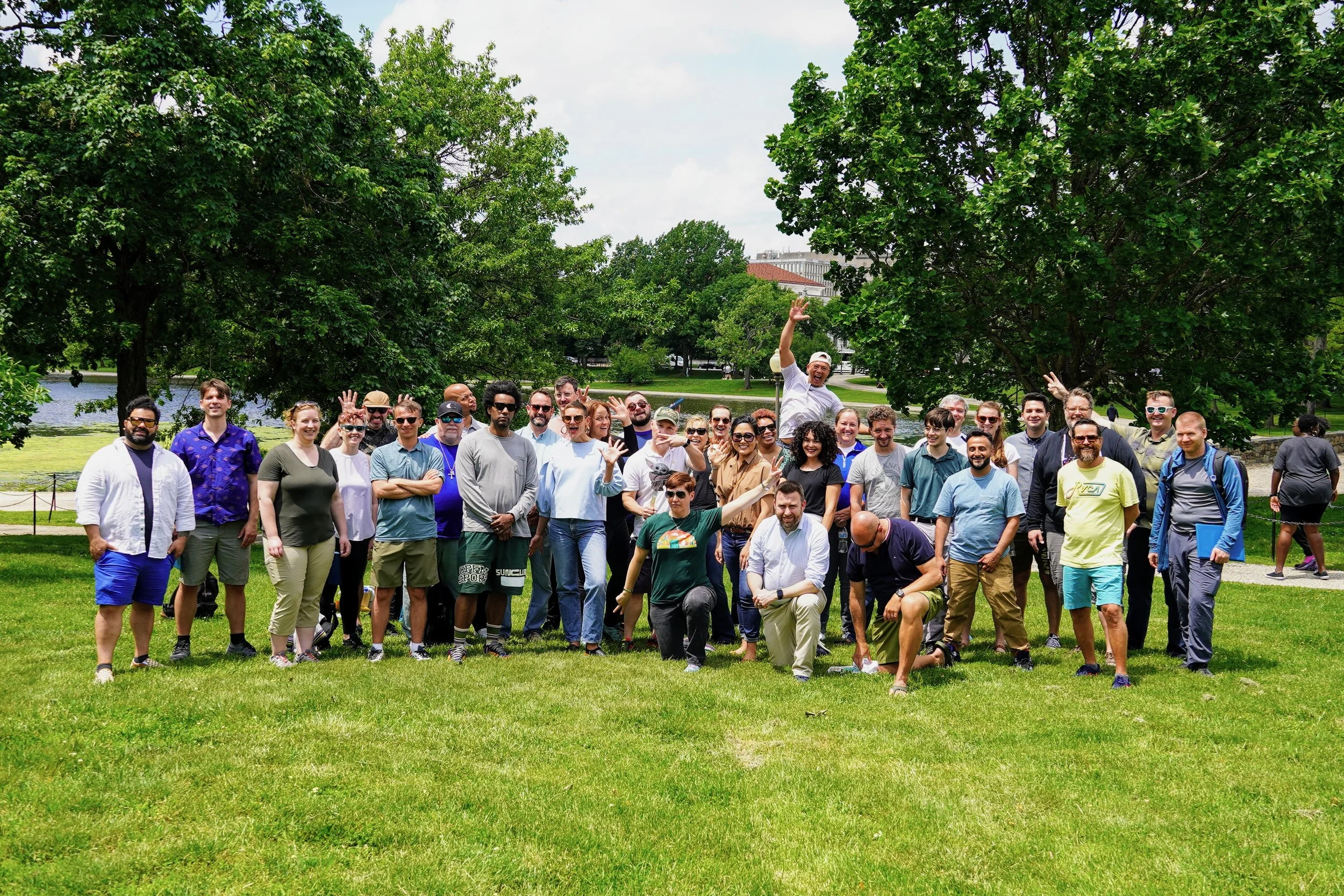
Chapter 3: The Disappearance of Names
In the new Cambodia, names became a threat. Not the ones given at birth, but the ones that carried memory—teacher, soldier, merchant, student, doctor. Titles became targets. Histories became crimes.
So my parents disappeared their pasts. My mother, who had once moved with confidence through the rhythms of Phnom Penh, took on the stillness of someone trying not to be seen. My father, who had learned to read before he could tie his shoes, stopped speaking in full sentences.
“To survive,” my father told me, “you had to forget who you were. You had to forget that you remembered.”
Names were the first to go.
My father, once the proud eldest son of a large family, stopped hearing his name spoken aloud. His sisters called him “Bong,” the Khmer word for older brother—but even that faded. The risks were too high. The more you cared for someone, the more dangerous it was to be connected to them. Love had to be camouflaged. Intimacy had to be disguised as indifference.

What We Built, What We Lost
There are places that shape us. Not because they’re perfect, but because they let us show up as we are, and do work that matters. For me, the Defense Digital Service was that place.
I joined DDS because it wasn’t like the others.
My time at DDS wasn’t defined by a single project — it was a blur of missions stacked on top of each other, each demanding urgency, clarity, and heart. I worked on everything from counter-unmanned aerial systems (cUAS) to critical efforts tied to the Afghanistan evacuation. When the team needed support on recruiting, I stepped in there too — because at DDS, titles didn’t box you in. If something needed doing, you did it.
It was a flat organization — no hierarchy to climb, no corner office to covet. Everyone held the same title. No one was angling for a promotion or polishing their résumé for the next big job. We were time-bound — temporary stewards of a mission that would continue after us, if we did it right.
Everyone knows it, but no one wants to say it out loud: DoD onboarding sucks.
You get through the hiring gauntlet—a process I’ve written about before—and once you make it through the interviews, paperwork, and security screenings, you show up… only to wait. You wait for access. You wait for a laptop. You wait for clarity on what you’re even supposed to be doing.
I’ve worked at the Department of Defense, Amazon, and Redfin. I’ve seen how different organizations treat the first few days, weeks, and months of a new hire’s experience. At DoD, we too often forget that onboarding isn’t just a logistical task—it’s a readiness issue. If we want people to move fast and deliver outcomes, we need to give them the tools and the trust to start doing that on Day 1.
We tried to do things differently at the Defense Digital Service (DDS). We used Macs. We used Gmail. We used Slack. The goal was to meet new hires where they were—using tools familiar to folks coming out of tech. It was a smart intent: minimize the learning curve, remove the unnecessary friction. But even with all that, I still found myself completely stuck trying to navigate militarycac.com/macnotes.htm. Anyone who’s ever tried to use a CAC with a Mac in DoD knows exactly what I’m talking about—the endless driver installs, the weird pop-ups, the arcane browser settings. It was maddening.

We came in believing. We left in silence.
Government layoffs don’t just cut budgets—they cut belief. Talented, mission-driven professionals - some who left lucrative private-sector careers, others tracking life-long roads of public service - to serve are now being pushed out of the very institutions they fought to improve. These weren’t side projects or token hires. They were seasoned professionals, some with decades of experience, brought in to modernize critical systems, close digital equity gaps, and help rebuild trust in institutions that have too often failed the people they serve. When we lay them off, it sends a clear message: innovation is expendable. And people feel it.
